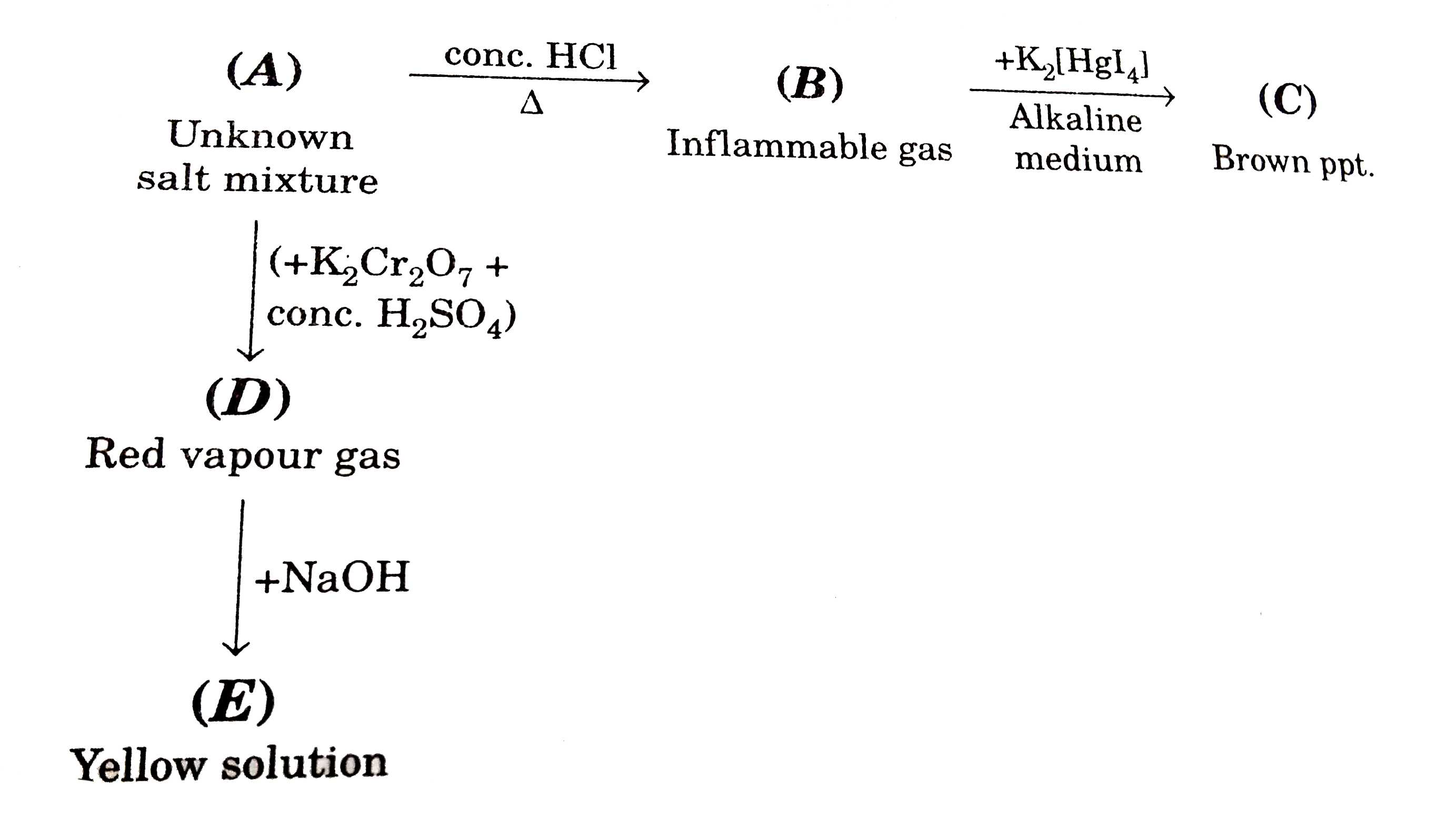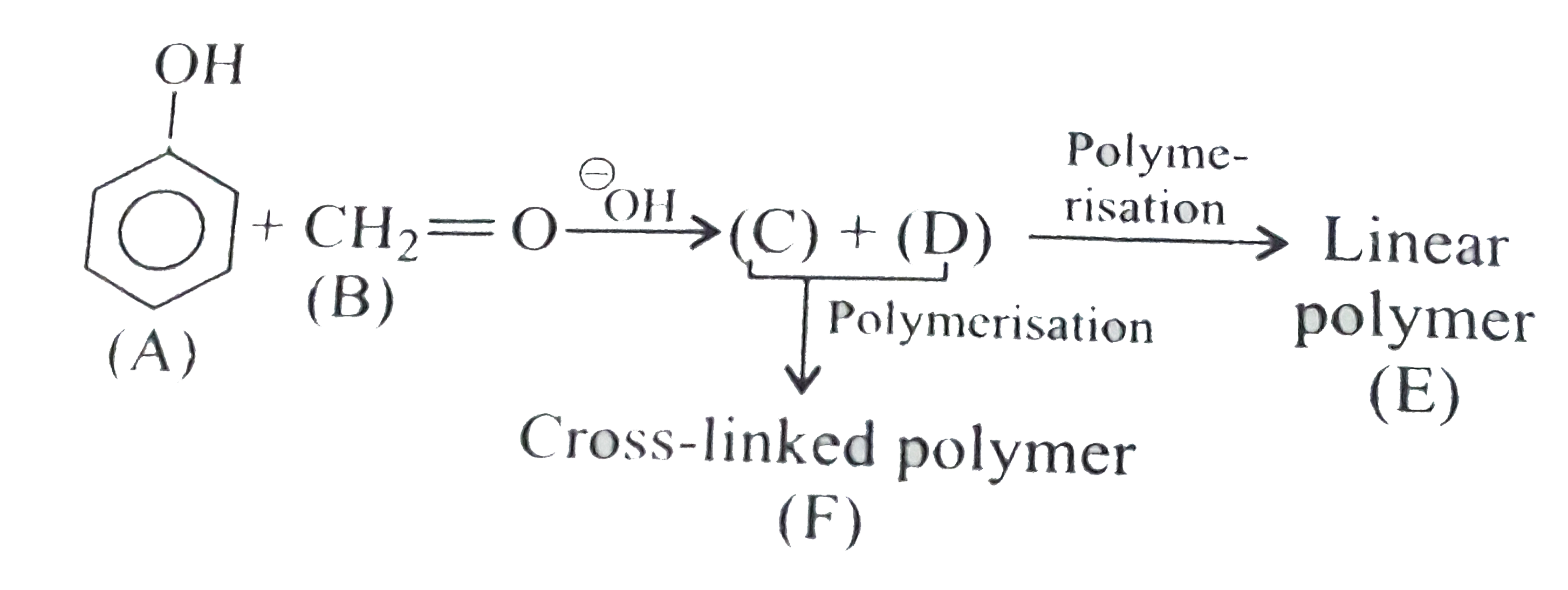Which of the following statements is not correct about the three states of matter, i.e., solid, liquids and gas?
Molecules of solid posses least energy whereas those of a gas posses highest energy.
The density of a solid is highest whereas that of gases is lowest.
Gases like liquids posses definite volumes.
Molecules of a solid possess vibratory motion.
To determine which statement is not correct about the three states of matter (solid, liquid, and gas), we can analyze each statement based on the properties of these states.
1. Understanding the Properties of Solids:
- Solids have particles that are closely packed together.
- The forces of attraction between the particles are strong.
- Solids have a definite shape and volume.
- The particles in solids vibrate in fixed positions, which means they possess vibratory motion.
2. Understanding the Properties of Liquids:
- In liquids, the particles are less closely packed compared to solids.
- The forces of attraction between the particles are weaker than in solids.
- Liquids have a definite volume but take the shape of their container.
3. Understanding the Properties of Gases:
- Gas particles are far apart and move freely.
- The forces of attraction between gas particles are negligible or non-existent.
- Gases do not have a definite shape or volume; they expand to fill the shape and volume of their container.
4. Evaluating the Statements:
- Statement 1: "The molecules of solids possess the least energy whereas that of gases possess the highest energy."
- This statement is true. Solids have low kinetic energy, while gases have high kinetic energy.
- Statement 2: "The density of solids is high, whereas that of gases is low."
- This statement is also true. Solids are denser than gases because their particles are more closely packed.
- Statement 3: "Gases, like liquids, possess definite volume."
- This statement is false. Gases do not have a definite volume; they occupy the volume of their container.
- Statement 4: "The molecules of solids possess vibratory motion."
- This statement is true. Solids do exhibit vibratory motion around fixed positions.
5. Conclusion:
- The statement that is not correct is Statement 3: "Gases, like liquids, possess definite volume."
- Solids have particles that are closely packed together.
- The forces of attraction between the particles are strong.
- Solids have a definite shape and volume.
- The particles in solids vibrate in fixed positions, which means they possess vibratory motion.
- In liquids, the particles are less closely packed compared to solids.
- The forces of attraction between the particles are weaker than in solids.
- Liquids have a definite volume but take the shape of their container.
- Gas particles are far apart and move freely.
- The forces of attraction between gas particles are negligible or non-existent.
- Gases do not have a definite shape or volume; they expand to fill the shape and volume of their container.
- Statement 1: "The molecules of solids possess the least energy whereas that of gases possess the highest energy."
- This statement is true. Solids have low kinetic energy, while gases have high kinetic energy.
- Statement 2: "The density of solids is high, whereas that of gases is low."
- This statement is also true. Solids are denser than gases because their particles are more closely packed.
- Statement 3: "Gases, like liquids, possess definite volume."
- This statement is false. Gases do not have a definite volume; they occupy the volume of their container.
- Statement 4: "The molecules of solids possess vibratory motion."
- This statement is true. Solids do exhibit vibratory motion around fixed positions.
- The statement that is not correct is Statement 3: "Gases, like liquids, possess definite volume."
Topper's Solved these Questions
- STATES OF MATTERBook:CENGAGE CHEMISTRYChapter:STATES OF MATTERExercise:Exercises (Assertion-Reasoning)
Explore 24 Videos
- STATES OF MATTERBook:CENGAGE CHEMISTRYChapter:STATES OF MATTERExercise:Exercises (Integer)
Explore 10 Videos
- STATES OF MATTERBook:CENGAGE CHEMISTRYChapter:STATES OF MATTERExercise:Exercises (Multiple Correcttype)
Explore 32 Videos
- SOME BASIC CONCEPTS AND MOLE CONCEPTBook:CENGAGE CHEMISTRYChapter:SOME BASIC CONCEPTS AND MOLE CONCEPTExercise:Archives Subjective
Explore 11 Videos
- STOICHIOMETRYBook:CENGAGE CHEMISTRYChapter:STOICHIOMETRYExercise:Archives Subjective
Explore 33 Videos
Similar Questions
Knowledge Check
Which of the following statements is not correct about the three states of matter, i.e., solid, liquids and gas?
AMolecules of a solid possess least kinetic energy whereas those of a gases possess highest kinetic energyBThe desity of solid is highest whereas that of gases is lowestCGases like liquids possess definite volumesDMolecules of a solid possess vibratory motionWhich of the following statements is not correct about the three states of matter, i.e., solid, liquids and gas?
AMolecules of a solid possess least kinetic energy whereas those of a gases possess highest kinetic energyBThe density of solid is highest whereas theat of gases is lowestCGases like liquids possess definite volumesDMolecules of a solid possess vibratory motionWhich of the following statements are correct about solid catalyst?
ASame reactants may give different products by using different catalystsBCatalyst does not change ΔH of reactionCCatalyst is required in large quantities to catalyse reactionsDCatalytic activity of a solid catalyst does not depend upon the strength of chemisorption
Which of the following statements is incorrect about amorophous solids?
View SolutionWhich of the following statements are correct about solid catalyst?
View SolutionWhich of the following statement is incorrect for states of matter?
View SolutionWhich of the following statement is incorrect for states of matter?
View Solution
Which of the following statement(s) is/are correct about red vapour gas D?
View Solution


 Which of th following statement is/are correct about the polymer
Which of th following statement is/are correct about the polymer